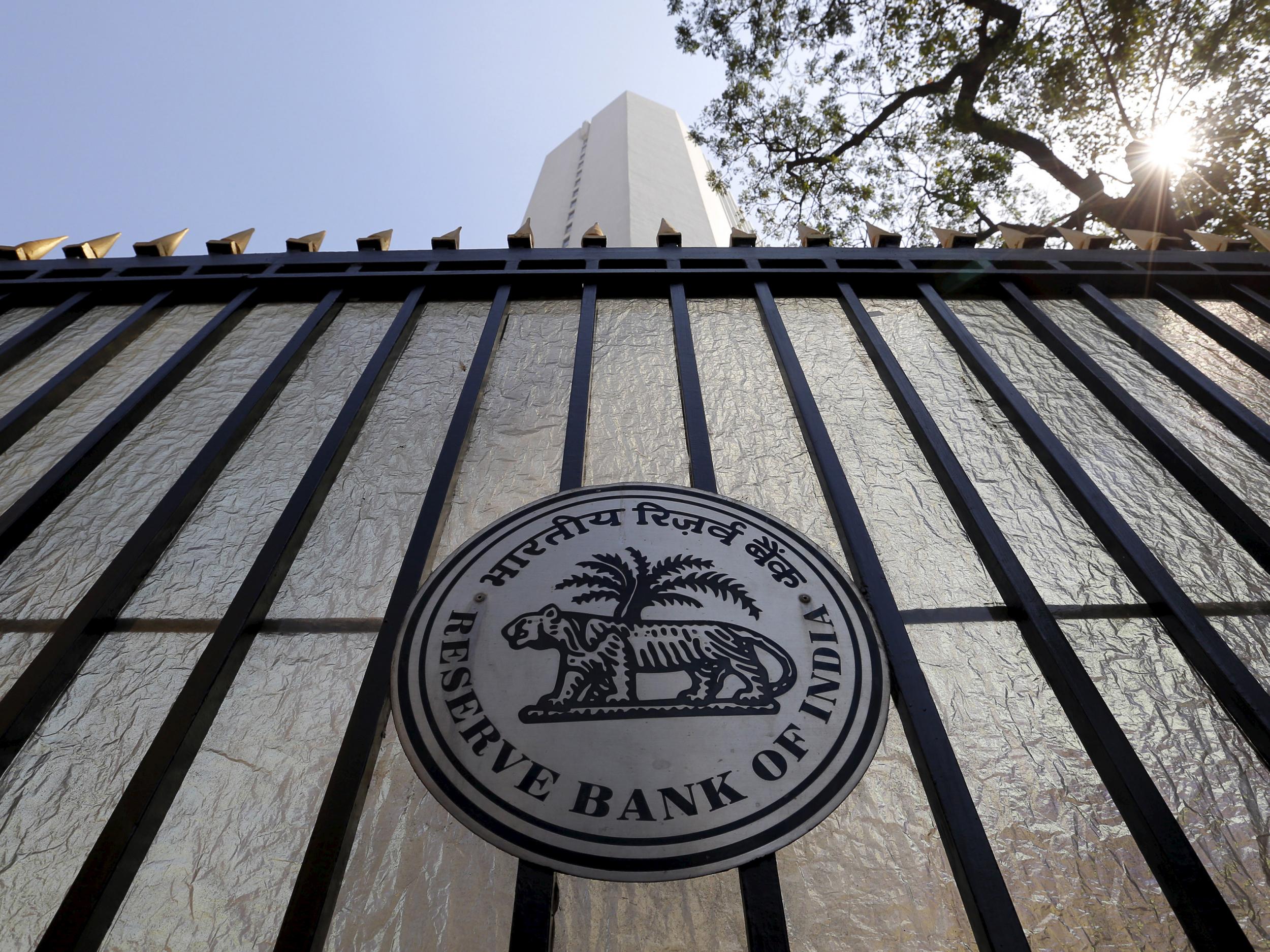Cryptocurrencies should be banned because regulating them is too difficult, says Indian economic expert
'You cannot enter every home to check what transactions are going on,' ex-minister Shaktikanta Das warns

Your support helps us to tell the story
From reproductive rights to climate change to Big Tech, The Independent is on the ground when the story is developing. Whether it's investigating the financials of Elon Musk's pro-Trump PAC or producing our latest documentary, 'The A Word', which shines a light on the American women fighting for reproductive rights, we know how important it is to parse out the facts from the messaging.
At such a critical moment in US history, we need reporters on the ground. Your donation allows us to keep sending journalists to speak to both sides of the story.
The Independent is trusted by Americans across the entire political spectrum. And unlike many other quality news outlets, we choose not to lock Americans out of our reporting and analysis with paywalls. We believe quality journalism should be available to everyone, paid for by those who can afford it.
Your support makes all the difference.India should ban cryptocurrencies like bitcoin outright rather than even attempt to regulate them, one of the country's most influential financial experts has argued.
The business of policing the ever-changing virtual currency market - now comprised of over 1,500 varieties of coin - and monitoring private and anonymous transactions is so fraught with complications that India would be better off prohibiting them altogether, ex-Economic Affairs Secretary Shaktikanta Das has said.
"Let us accept that it would not be possible to regulate it effectively. Because they will do transactions from their houses," he said in an interview with Quartz.
"You cannot enter every home to check what transactions are going on. So, I think this is a serious challenge, and should not be allowed at all."
The Reserve Bank of India, the country's central bank, has long opposed cryptocurrencies, saying as early as 2013 that it considered them a security risk and advising citizens against investing in decentralised currencies without an asset base, reservations shared by fellow Asian superpowers China and South Korea.
Das himself served on one investigative committee that expressed clear opposition to bitcoin and its kind - another is currently in conference reviewing the situation.
"This is a parallel currency system developing and it is not legal. There is no legal provision which backs up these transactions,” Das said.
"There is the danger of cryptocurrencies leading to money laundering, terror financing and unaccounted transactions.
"It will pose a serious threat to the financial stability not only of India, and in fact more, in the case of the developed world.
"It’s a serious challenge and threat to global financial stability," he added.
Finance Minister Arun Jaitely simiarly used his budget speech last month to warn that Narendra Modi's government "does not recognise cryptocurrencies as legal tender or coin and will take all measures to eliminate the use of these crypto-assets in financing illegitimate activities or as part of the payments system."
Join our commenting forum
Join thought-provoking conversations, follow other Independent readers and see their replies
Comments